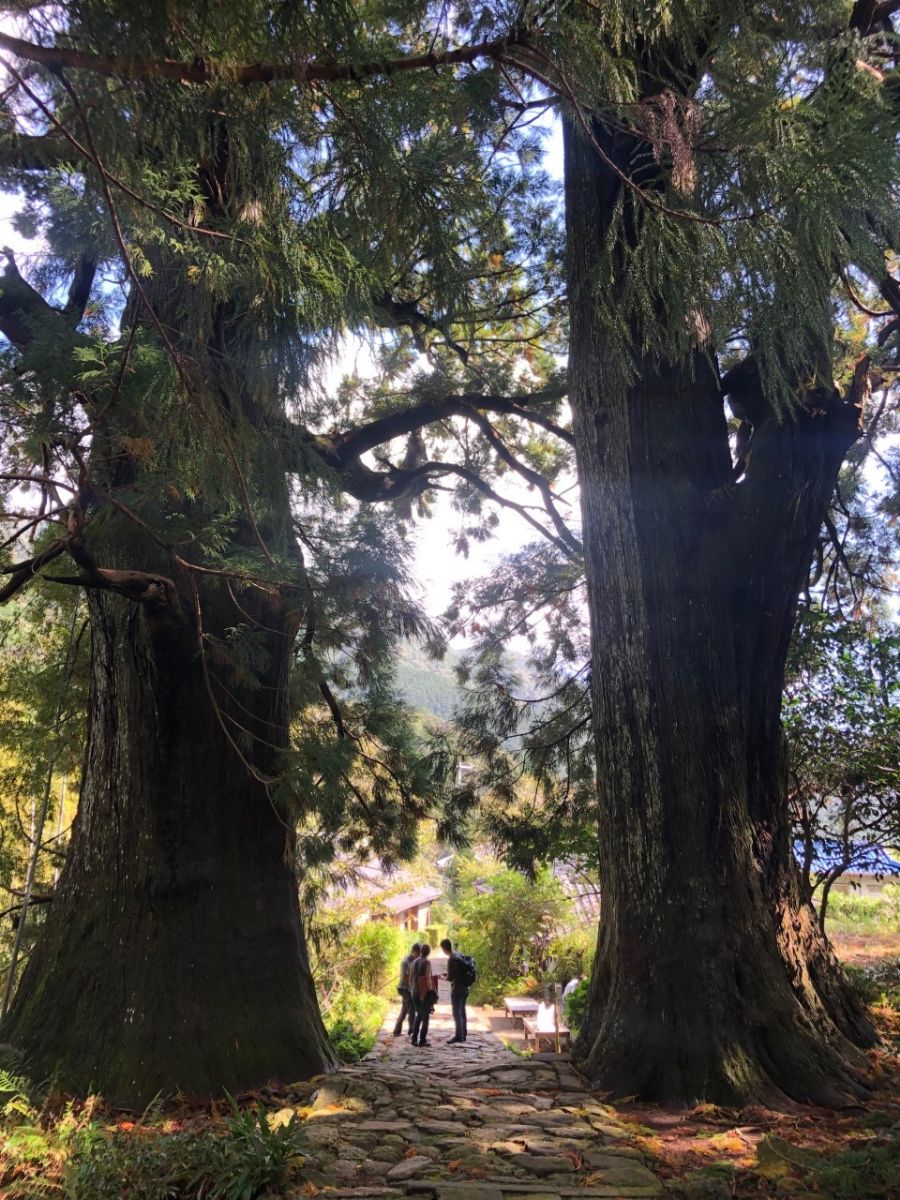Croagh Patrick
Key information: Croagh Patrick 
- The so-called Sinai of Ireland, a pre-Christian sacred mountain converted to Christian Pilgrim Route.
- St Patrick reputedly fasted for forty days on, and then banished Ireland's snakes from, its peak.
- The dominant peak in this part of the Mayo landscape affords great views over Connemara, the island-studded Clew Bay and the the Neiphin Beg mountains.
- This is a place of pilgrimage; the route is always well-populated, and expect crowds of anything between of 15 and 40,000, many of them barefoot, on the mass days at the end of July and 15 August. Expect the litter that accompanies them.
Walkopedia rating
- Walkopedia rating83
- Beauty32
- Natural interest13
- Human interest15
- Charisma28
- Negative points5
- Total rating83
- Note: Negs: popularity; mess
Vital Statistics
- Length: 5km
- 4.5 hours
- Maximum Altitude: 764m
- Level of Difficulty: Moderate

WALK SUMMARY
Croagh Patrick, alternatively known as The Reek, or by its pagan name, Cruachn Aigle, dominates the Mayo landscape on the south side of Clew bay and has been a place of religious significance for millennia. Excavations show evidence of a Celtic hill fort encircling the peak, and amber and glass beads dating back to 300BC have been found here. By the time that Johnny-come-lately, Saint Patrick, arrived here in the 5th Century, the harvest-and-fertility festival of Lughnasa had been celebrated here for a good 800 years, probably more. Christian belief places St Patrick on its top, fasting out the Lent of 441AD and using his consequent holy powers to zap the country's snakes. In modern times, the mountain, and the small white chapel on its peak, have become magnets for Catholic pilgrims many of whom actually complete the climb barefoot
While, clearly, this is great for those of a religious bent, and fascinating from the anthropological point of view, it does render the mountain unappealing for anyone of a Wordsworthian nature. Though visitor numbers peak with the influx of between 15 and 40,000 pilgrims to the chapel's two masses on Reek Sunday (the last in July) and 15 August, the route is pretty populous at any time of year. And however well-intentioned, crowds of this size bring problems in their wake: the occasionally strenuous route is badly eroded all the way up, and the mountainside is sadly scattered with litter. Anyone prepared to overlook these obvious disadvantages, though, will be rewarded by views over an ancient landscape, the hundred islands of Clew stretched out green in the glittering sea, that make it obvious why the generations have found themselves overtaken by spiritual urges while standing there.
Other accounts: share your experiences
Your comments on this walk, your experiences and suggestions, and your photos are very welcome. Where appropriate, you will be credited for your contribution.

We have a lot of helpful practical information and tips about this walk, covering everything from the best books and maps, to timing and weather, geting there, possible problems, whether you need a guide and where to find them, and useful websites. This section is only open to members.
Membership is FREE AND JOINING TAKES 30 SECONDS. To login or sign up click here
Safety and problems: All walks have inherent risks and potential problems, and many of the walks featured on this website involve significant risks, dangers and problems. Problems of any sort can arise on any walk. This website does not purport to identify any (or all) actual or potential risks, dangers and problems that may relate to any particular walk.
Any person who is considering undertaking this walk should do careful research and make their own assessment of the risks, dangers and possible problems involved. They should also go to “Important information” for further important information.
Anyone planning an expedition to this place should see further important information about this walk.
Safety and problems: All walks have inherent risks and potential problems, and many of the walks featured on this website involve significant risks, dangers and problems. Problems of any sort can arise on any walk. This website does not purport to identify any (or all) actual or potential risks, dangers and problems that may relate to any particular walk.
Any person who is considering undertaking this walk should do careful research and make their own assessment of the risks, dangers and possible problems involved. They should also go to “Important information” for further important information.

OTHER ACCOUNTS
share your experiences
Add your experiences, suggestions and photos. We would be delighted to receive your writing and ideas (which will be attributed appropriately where published).
Anyone planning an expedition to this place should see further important information about this walk.

Responsible travel matters, a lot. How you travel will make a real difference - for better or worse. PLEASE consider this when making plans. Read more














